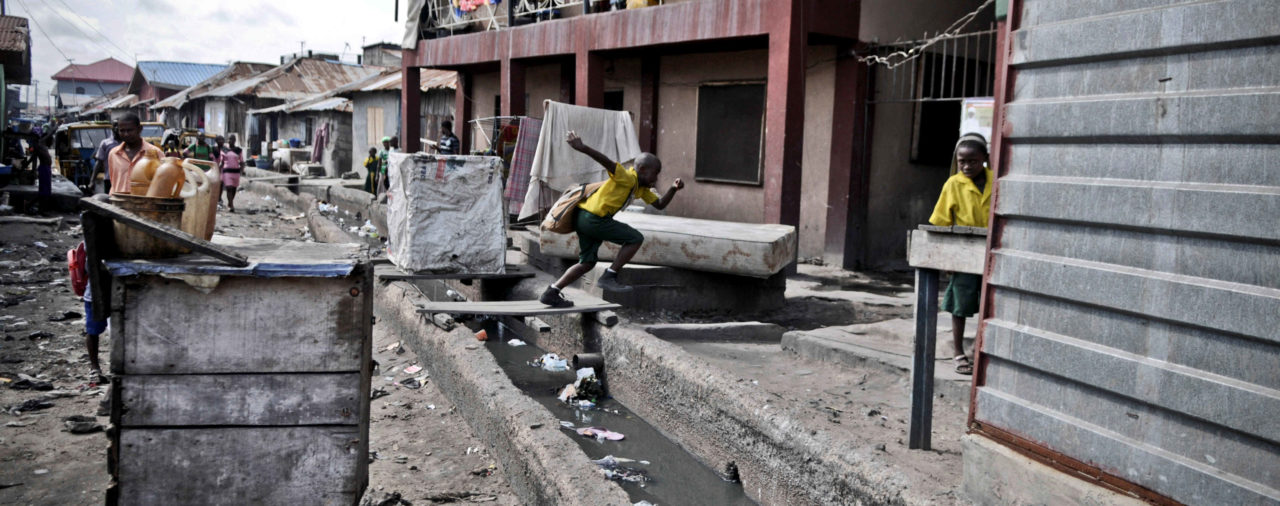Sanitation remains a great challenge of our time, especially in fast-growing cities of Africa and Asia.According to the UN, “in 2015, 29 per cent of the global population lacked safely managed drinking water supplies, and 61 per cent were without safely managed sanitation services. » A lack of sanitation dramatically impairs public health, the environment, and development. Sanitation includes a chain of activities from private hygiene practices, to collection, treatment and disposal of wastes, either through a grid or non-grid system. The UNs have for the first time set a specific target on sanitation with the 6th sustainable development goal. According to goal 6.2, all countries should “by 2030, achieve access to adequate and equitable sanitation and hygiene for all and end open defecation, paying special attention to the needs of women and girls and those in vulnerable situations ».Sanitation is a particularly complex topic, since it involves a large number of actors, a diversity of technologies, expands in public and private spaces, and relies on individual / collective behaviours based on an intimate practice that is taboo and little flexible.
The 3rd scientific workshop held in 2016 organised by the AgroParisTech – SUEZ Chair concluded that barriers to sanitation are first of all institutional and organisational. This new concern regarding sanitation is shared by a number of actors involved, from either the research or operational realm. Institutions relate to both rules (legal rules, rights, norms, standards but also with a sociological stance, representations, customs, traditions, beliefs) and entities involved in the sector from macro (rules designers), meso (rules translators and regulation) and micro (operational) levels. Organisation relates to ways of providing the service.
The 4th scientific workshop will bring into light recent research and operational initiatives that may help to overcome these institutional and organisational barriers. How to build sanitation as a general interest service? How to overcome coordination issues due to multiplicity of technologies? How do researchers analyse institutional change? How do actors deal with institutional rules constraints? The event will provide another opportunity to develop links between managers, researchers and students engaged with sanitation issues.
4th Scientific meeting – 6 and 7 May 2021 in partnership with AFD, Fundation SUEZ and SUEZ Group
organized by the scientific committee: Pierre BAUBY (Fondation Jean Jaurès), Dr Sarah BOTTON (AFD), Dr Marine COLON (AgroParisTech /
UMR G-EAU / MRM), Jean Antoine FABY (AgroParisTech), Dr Lætitia GUERIN (Inrae/UMR G-EAU /
MRM), Dr Xavier LITRICO (SUEZ), Dr Pierre-Louis MAYAUX (CIRAD/UMR G-EAU), Prof Claude MENARD
(Centre d’Economie de la Sorbonne), Thierry RIEU (AgroParisTech / UMR G-EAU), Dr Héloïse VALETTE
(Université Jean Jaurès, Toulouse), Dr Marie-Hélène ZERAH (IRD)
Following the 4th Scientific meeting, you will find by clicking on the link below the 7 posters presented on the 6th May afternoon






